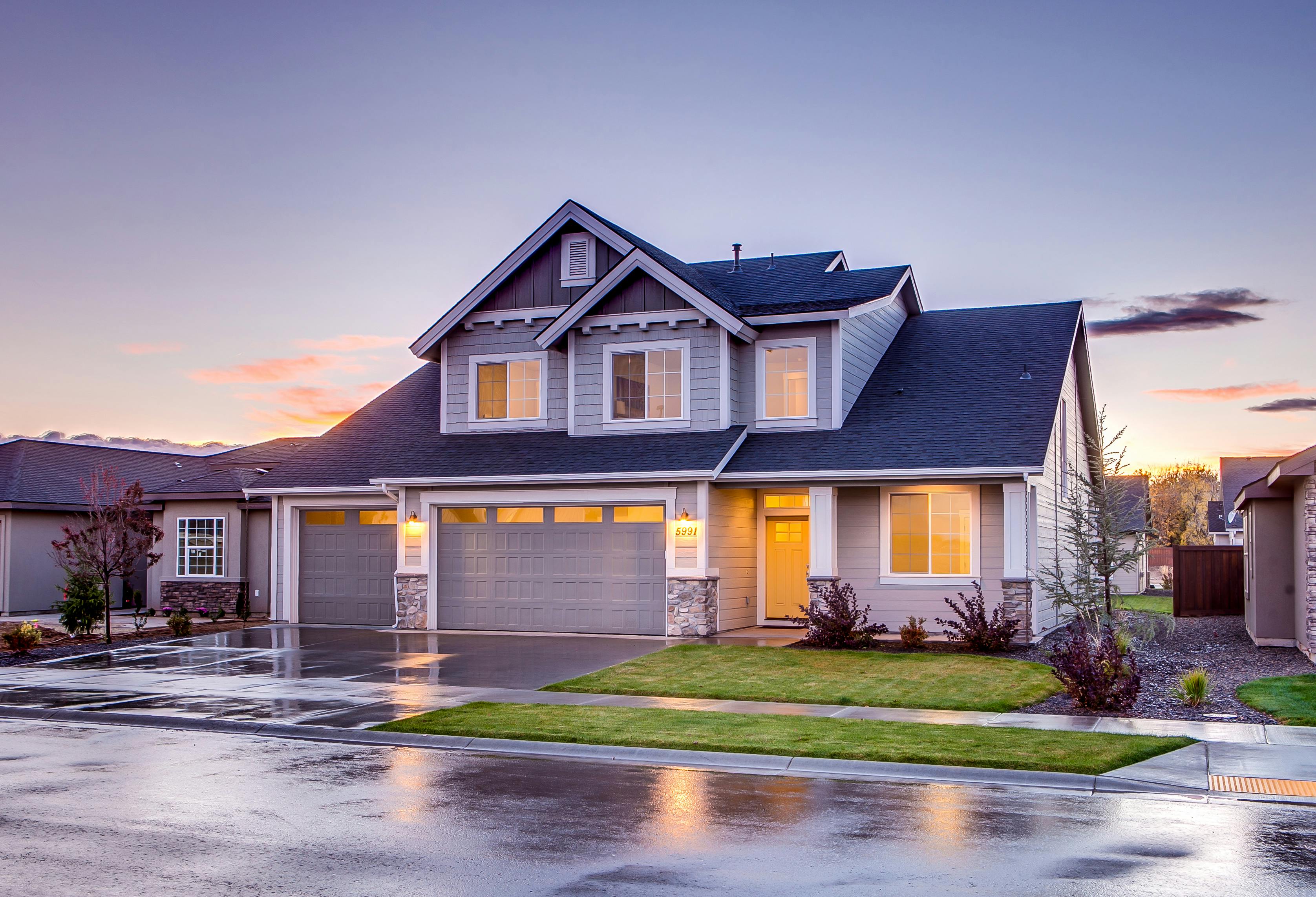
A homeowners association (HOA) shoulders not only the well being of a community but also many of its inherent risks. With few regulations and no general insurance programs able to fit all HOAs, it is imperative to understand the details of your association’s coverage and design it to meet your needs. Fill the cracks in your insurance so that you are not making costly payments when the unexpected happens.
HOA Insurance Basics
HOAs are required to possess general property and liability insurance; however, these policies can’t cover the HOA from every angle. If you stop to think about your association’s policy, you might come up with a few questions: How much coverage does general insurance actually supply? Is there coverage out there for my association’s automobiles? What about our employees and directors?
Property, money flow, workers, executives—a robust HOA requires much of the same insurance as a regular business. Everything from vehicle operation to officer conduct can be a source of liability. Holes in coverage should be searched out and plugged quickly.
What Was Missed?
Think about every official action and function your HOA takes and fulfills; nearly all of these interactions can be a source of liability for the community. Here are some policies that often are overlooked:
· Comprehensive Equipment Coverage: Designed to provide coverage for damages or loss caused by sudden mechanical breakdown (e.g., a water heater leaking and causing water damage.) Typically used to expand property insurance, it can be purchased for either groups of machines or specific units.
· Workers’ Compensation: Even if the association doesn’t think it has any true employees, workers’ comp should still be reviewed; any worker may try to claim an HOA as an employer.
· Employee Dishonesty: Protects the community from several kinds of theft, fraud and embezzlement carried out by HOA employees or officers.
· Discrimination Coverage: In the event of a foreclosure, this coverage helps protect HOAs from evicted parties claiming they are being discriminated against because of class.
· Comprehensive General Liability (CGL): HOAs may be protected in community-owned areas by their required liability plan, but a comprehensive policy can grant liability coverage to any location where an association function or meeting is being held.
· Director’s and Officer’s Liability: Covers an HOA if it is sued for misappropriated funds or officer negligence.
Even the best HOA can’t protect against everything. Community members should know what the HOA protects so they can make sure their own property is properly insured against all types of loss.
Completing Your Coverage
The variety and depth of HOA coverage is huge and difficult to navigate. An agent who understands your community is crucial to getting excellent coverage. Call us to discuss any changes to your community or concerns you may have about your HOA’s coverage. Working together, we can discover the exact insurance your association needs to protect the assets of your living community.







